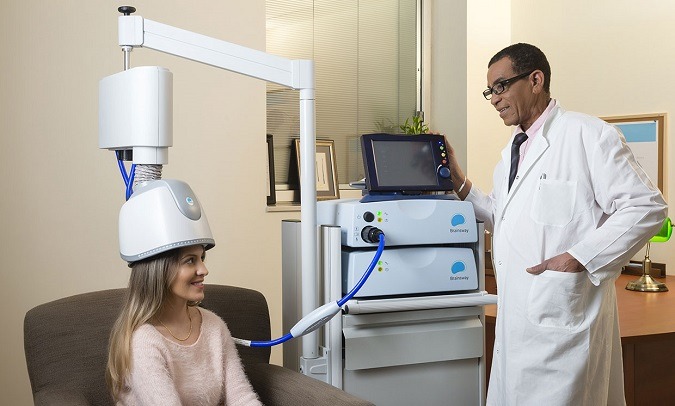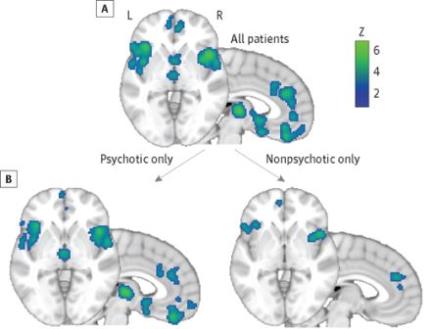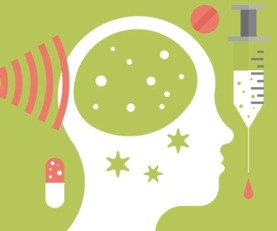Posts Tagged ‘obsessive-compulsive disorder’
Study: One-week brain training can increase cognitive flexibility and reduce OCD symptoms
___ OCD symptoms could be reduced with ‘brain-training’ app, study says (UPI): “People with obsessive compulsive disorder could manage their symptoms, including excessive handwashing and contamination fears, by using a “brain training” app, according to its developers. Researchers from the University of Cambridge in Britain, who tested
Read MoreFDA clears deep transcranial magnetic stimulation device to treat obsessive-compulsive disorder
BrainsWay’s Brain Stimulation Device Receives FDA Approval to Treat Obsessive-Compulsive Disorder (IEEE Spectrum): “In 2013, Jerusalem-based BrainsWay began marketing a new type of brain stimulation device that uses magnetic pulses to treat major depressive disorder. Now, thanks to positive results in a study of 100 patients, the company has received approval from the U.S. Food…
Read MoreQ: What do people with schizophrenia, bipolar disorder, depression, addiction, obsessive-compulsive disorder, and anxiety have in common? A: A brain with similar gray-matter loss
. Different mental disorders cause same brain-matter loss, study finds (press release): “A meta-analysis of 193 brain-imaging studies shows similar gray-matter loss in the brains of people with diagnoses as different as schizophrenia, depression and addiction…The findings call into question a longstanding tendency to distinguish psychiatric disorders chiefly by their symptoms rather than their underlying…
Read MoreFocused ultrasound as emerging method of non-invasive neurotechnology
Sound Waves Can Heal Brain Disorders (Scientific American): “…Physicians are also considering high-intensity focused ultrasound as an alternative to brain surgery. Patients with movement disorders such as Parkinson’s disease and dystonia are increasingly being treated with
Read MoreThree Ways to Bring Mindfulness Into Therapy
— Many therapists have come to regard cultivating moment-to-moment awareness as a curative mechanism that transcends diagnosis, addresses underlying causes of suffering, and serves as an active ingredient in most effective psychotherapies. The clinical value of
Read More




